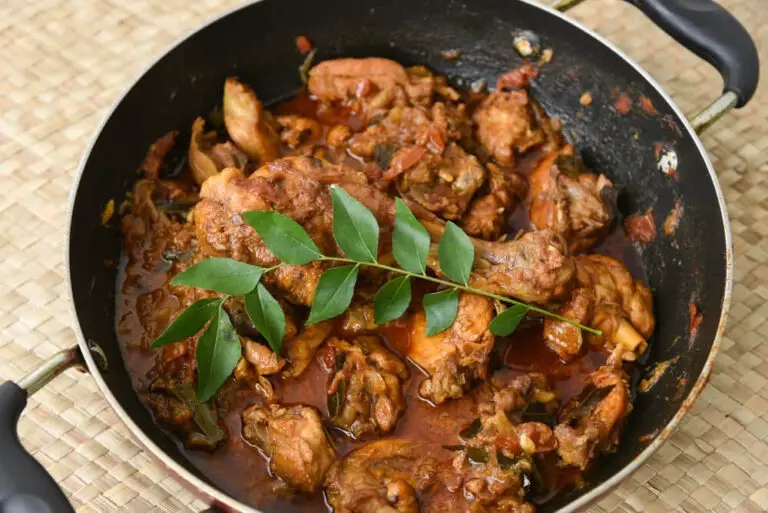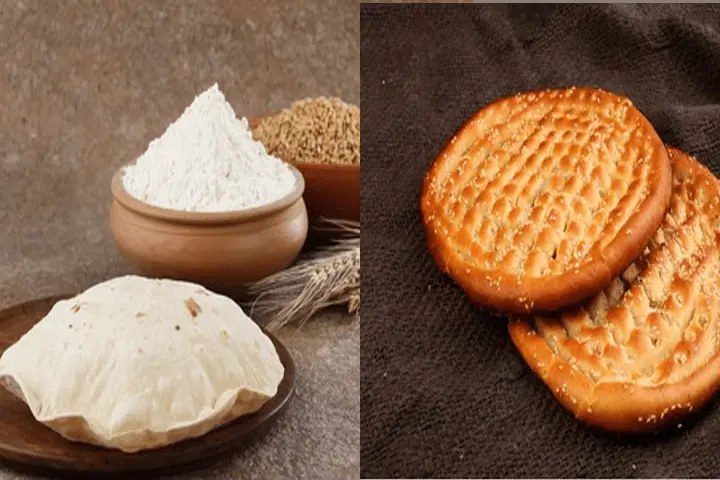When it comes to losing weight, not all calories are created equal. The type of food you eat can have a significant impact on your weight loss journey.
Certain foods can help you feel full longer, provide essential nutrients, and boost your metabolism.
best foods for losing weight
In this article, we explore expert recommendations on the best foods for losing weight.
1. Leafy Greens
Leafy greens such as spinach, kale, collards, and Swiss chard are highly nutritious and low in calories and carbohydrates. They are packed with fiber, which helps you feel full and satisfied, reducing overall calorie intake.
According to Dr. Walter Willett, professor of epidemiology and nutrition at Harvard T.H. Chan School of Public Health, the high fiber content in leafy greens aids in weight management by enhancing satiety and promoting regular bowel movements .
Read About Celery Juice For Weight Loss
2. Whole Eggs
Eggs are often associated with high cholesterol, but they are also one of the best foods for weight loss. Rich in high-quality protein and essential fats, eggs can keep you full for hours.
Studies have shown that starting your day with a protein-rich breakfast, like eggs, can reduce calorie intake later in the day.
Dr. Frank Hu, professor of nutrition at Harvard T.H. Chan School of Public Health, highlights that the protein in eggs increases metabolic rate and enhances fat burning.
3. Cruciferous Vegetables
Cruciferous vegetables, including broccoli, cauliflower, cabbage, and Brussels sprouts, are known for their high fiber and water content, making them very filling with low calories.
They also contain substantial amounts of protein compared to other vegetables. This combination of fiber, protein, and low energy density makes them excellent for weight loss.
Dr. Joel Fuhrman, a board-certified family physician and nutritional researcher, emphasizes that these vegetables also have cancer-fighting properties, adding to their health benefits .
4. Lean Protein Sources
Lean proteins such as chicken breast, turkey, lean beef, and fish are crucial for weight loss. Protein is the most satiating macronutrient, meaning it helps you feel full longer, thus reducing overall calorie consumption.
Dr. Donald Layman, a professor emeritus of nutrition at the University of Illinois, suggests that increasing protein intake can significantly improve weight management by boosting metabolism and preserving muscle mass during weight loss .
5. Legumes and Beans
Legumes and beans, such as lentils, black beans, and chickpeas, are great for weight loss due to their high protein and fiber content.
These nutrients help keep you full and can regulate blood sugar levels, preventing insulin spikes that lead to fat storage.
Dr. David Jenkins, a professor of nutritional sciences at the University of Toronto, notes that the slow-digesting carbohydrates in legumes provide lasting energy and reduce the likelihood of overeating .
6. Nuts and Seeds
Nuts and seeds, including almonds, walnuts, chia seeds, and flaxseeds, are packed with healthy fats, protein, and fiber.
Despite being energy-dense, nuts and seeds have been shown to promote weight loss and reduce the risk of obesity.
Dr. Dariush Mozaffarian, dean of the Friedman School of Nutrition Science and Policy at Tufts University, explains that the combination of healthy fats, protein, and fiber in nuts leads to improved satiety and better weight control .
Whole Grains
Whole grains like quinoa, brown rice, oats, and barley are beneficial for weight loss due to their high fiber content, which aids in digestion and helps you feel full.
Unlike refined grains, whole grains maintain their nutrient-rich bran and germ, providing essential vitamins and minerals.
Dr. Barbara Rolls, a professor of nutritional sciences at Penn State University, states that whole grains can help manage weight by reducing hunger and promoting a healthy gut microbiota .
Fruits
Certain fruits can be particularly effective for weight loss. Berries, apples, and grapefruit, for example, are high in fiber and low in calories.
Their natural sweetness can satisfy sugar cravings while providing essential vitamins and antioxidants.
Dr. Eric Rimm, a professor of epidemiology and nutrition at Harvard T.H. Chan School of Public Health, recommends incorporating fruits into your diet for their hydrating properties and nutrient density, which support overall health and weight management .
Also Read Lemongrass Tea for Weight loss
Bottom Line
Incorporating these nutrient-dense, satiating foods into your diet can aid in weight loss by reducing hunger, boosting metabolism, and providing essential nutrients.
Experts across the field of nutrition agree that focusing on whole, unprocessed foods is a sustainable and effective approach to achieving and maintaining a healthy weight.
References
- Willett, W. (Harvard T.H. Chan School of Public Health).
- Hu, F. (Harvard T.H. Chan School of Public Health).
- Fuhrman, J. (Nutritional Research).
- Layman, D. (University of Illinois).
- Jenkins, D. (University of Toronto).
- Mozaffarian, D. (Tufts University).
- Rolls, B. (Penn State University).
- Rimm, E. (Harvard T.H. Chan School of Public Health).







